Traditionally, higher education institutions have maintained financial stability through a blend of enrollment fees, state and local funding and philanthropic gifts. Of course, COVID-19 disrupted this established order, leading colleges and universities to pivot to remote learning and virtual operations. Most institutions received stimulus funding to bridge the monetary gap caused by the pandemic and to prevent financial crisis.
As stimulus funds run out, institutions of higher education must position themselves to successfully move forward. Consider these tactics to help your college or university stay financially healthy.
1. Make Adjustments Based On Your Average Student
Since COVID-19, more students are considering part-time and distance learning. More individuals are commuting or even adopting a non-traditional educational route altogether. Consider how this shift may impact your enrollment, your programs, structure and tuition, and determine how your institution may need to adapt financially.
2. Revisit Your Budget and Contain Costs
Without stimulus support, a renewed focus on budgeting and cost management is imperative. Expanding enrollment may be a legitimate solution for your institution, but it should not come at an unsustainable cost. Institutions must judiciously manage scholarship offerings and balance externally funded awards with those that impact the school’s finances directly. You may also consider energy-saving measures and new technologies to cut costs.
3. Ensure Your House Is In Order
Review your internal controls, promote strong accounting processes, review your IT environment and implement a robust cybersecurity program. Putting defenses in place before an event takes place is much more effective and affordable than remediating the negative effects.
4. Educate Your Team
Training your administrative and finance employees about financial best practices can be an incredible asset for your institution. Equip your team with opportunities for continuous learning about financial management, fraud prevention, reporting, forecasting, risk, compliance and analysis tools. Heightening your internal expertise can lead to improved decision-making, richer leadership development and more innovative ideas from within.
5. Build Your Community
Colleges and universities have the advantage of creating lasting affinities within their alumni base, staff and community. Consider new ways to engage alumni to boost giving, new partnerships with local high schools to promote future enrollment or new projects to increase your institution’s visibility—and reach even more contacts. Remember to focus on building connections for the long term.
This season will undoubtedly reveal the resilience and adaptability of higher education institutions. While there may be some challenges, there will also be immense opportunities.
Contact Lee Parks at 334.260.2378 or [email protected].
The Expert
Lee Parks is a Member in Warren Averett’s Audit Division and a leader in the firm’s Public Sector Practice Group. Parks specializes in planning and conducting audits for organizations in a wide range of industries, including higher education institutions. He has extensive experience working with organizations subject to the Single Audit requirements and those complying with the Governmental Accounting Standards Board. Parks resides in Montgomery with his wife and three daughters.






